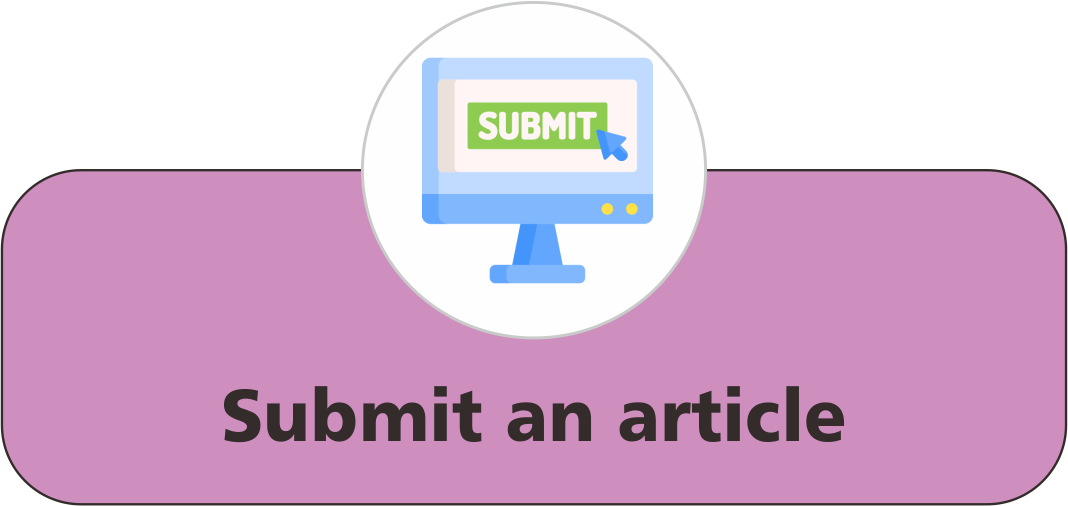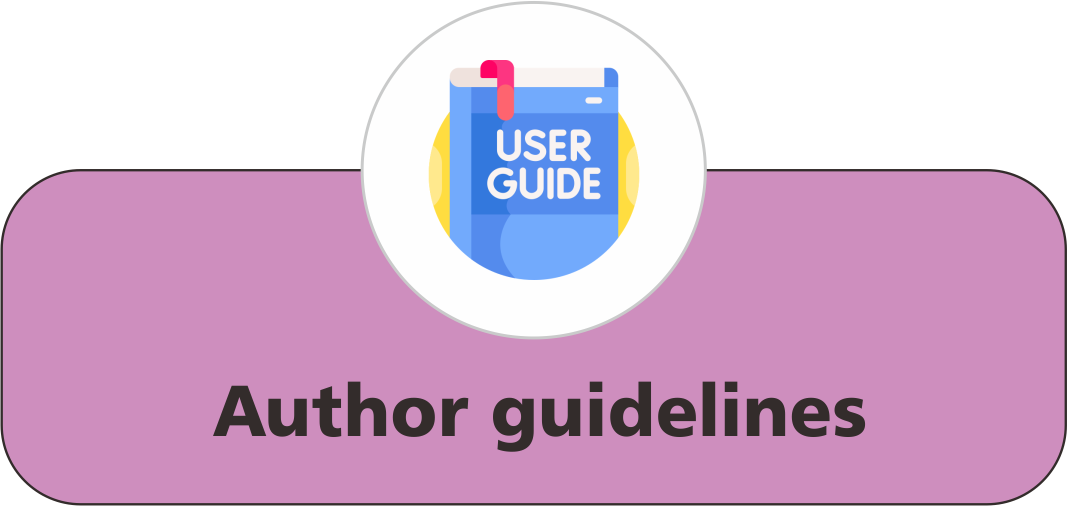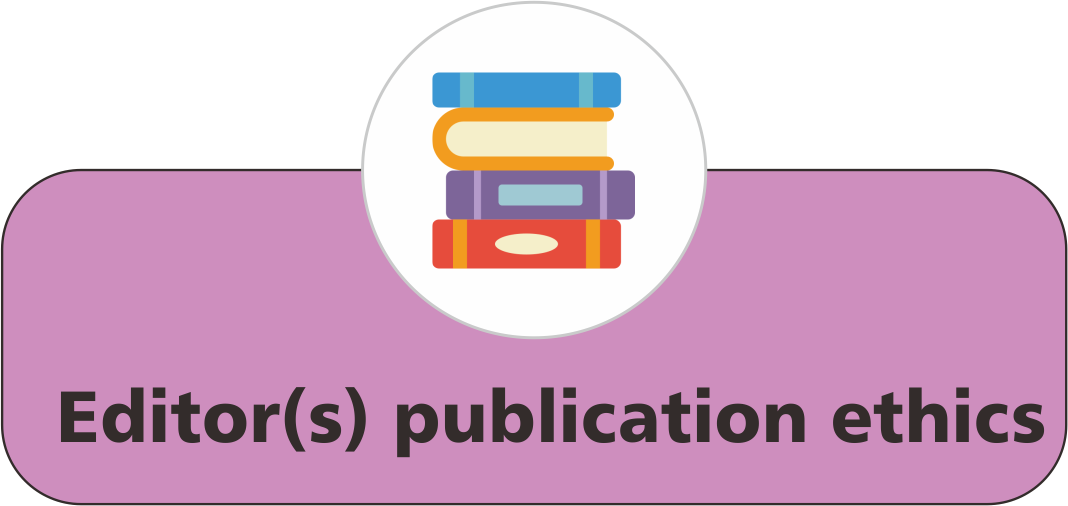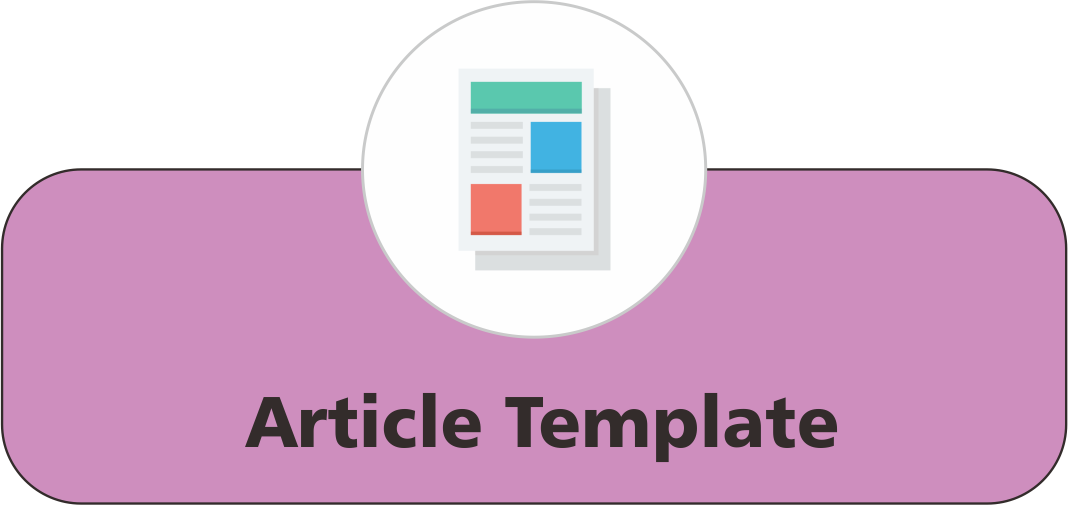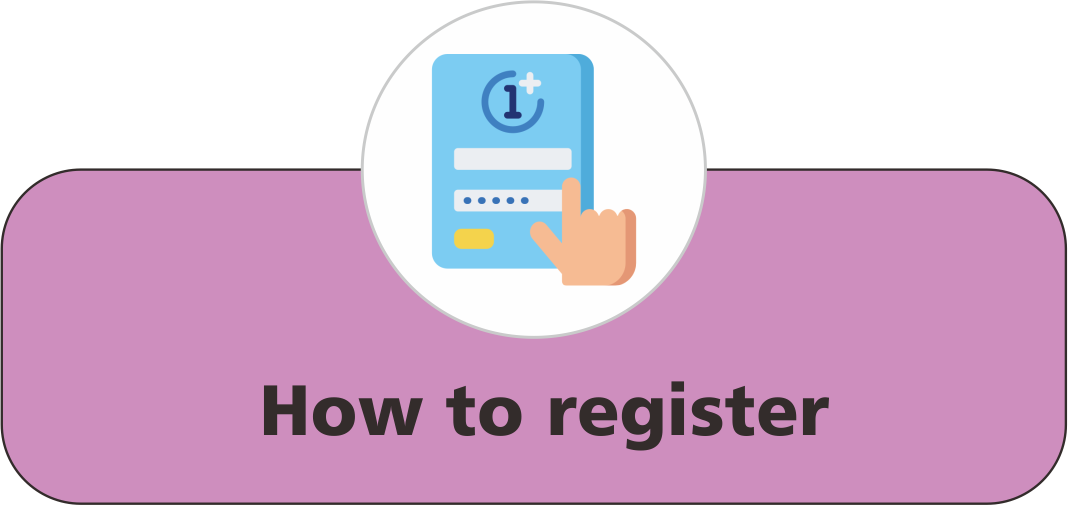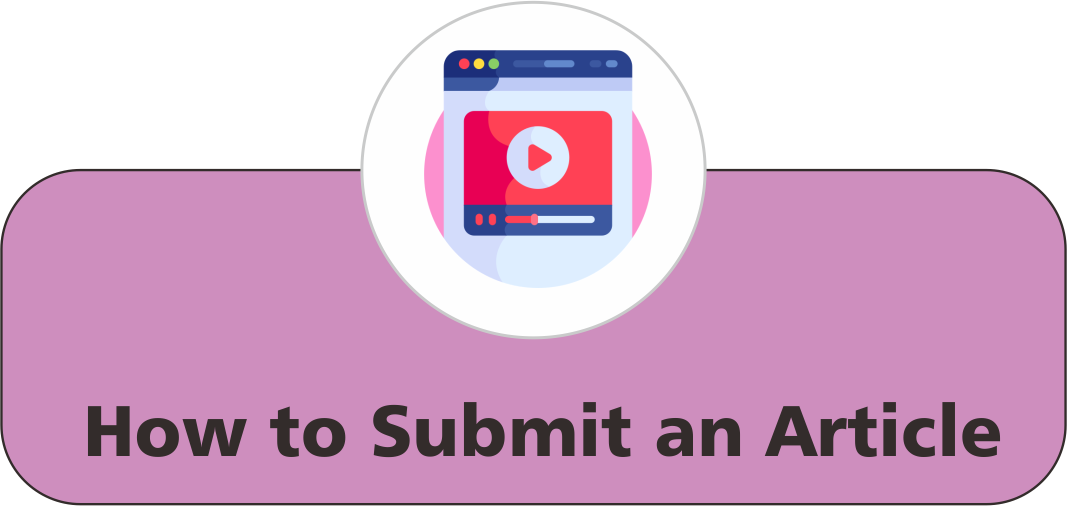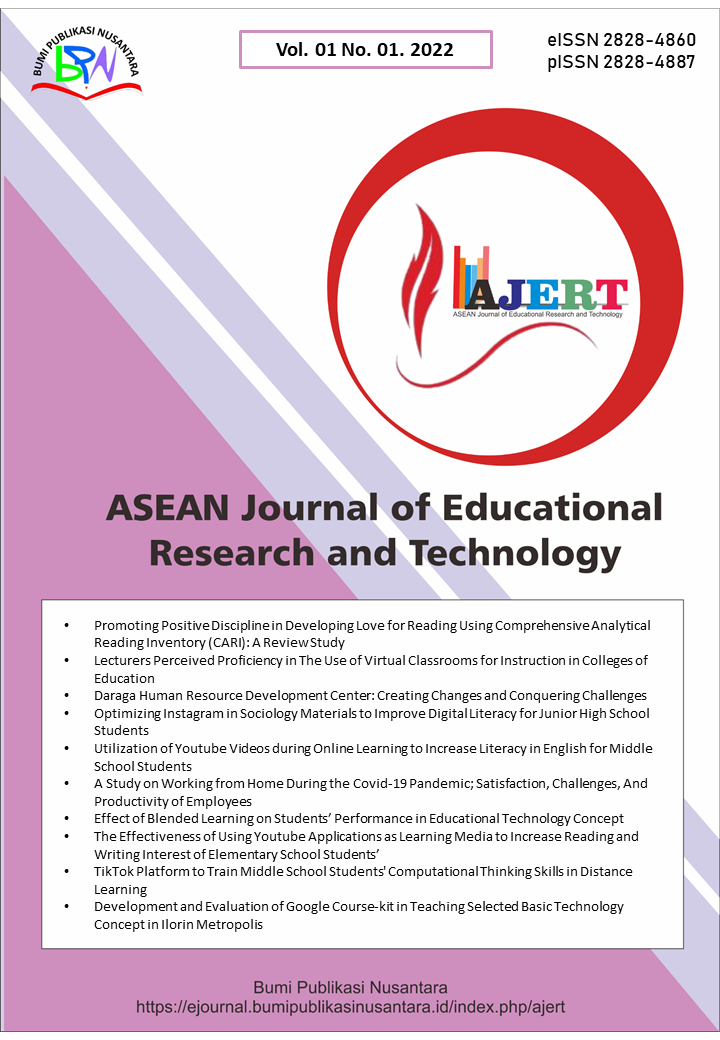Improving The Methodology of Preparing the Future Technology Teacher for Professional Activity in The Information Education Environment
 ),
),
(1) Tashkent State University of Economics
 Corresponding Author
Corresponding Author
Abstract
Keywords
References
Dhar, B. K., Tiep Le, T., Coffelt, T. A., and Shaturaev, J. (2023). US‐China trade war and competitive advantage of Vietnam. Thunderbird International Business Review, 65(2), 255-263.
Ertmer, P. A. (2005). Teacher pedagogical beliefs: The final frontier in our quest for technology integration?. Educational Technology Research and Development, 53(4), 25-39.
Ertmer, P. A., and Ottenbreit-Leftwich, A. T. (2010). Teacher technology change: How knowledge, confidence, beliefs, and culture intersect. Journal of Research on Technology in Education, 42(3), 255-284.
Gazi, M. A. I., Islam, M. A., Shaturaev, J., and Dhar, B. K. (2022). Effects of job satisfaction on job performance of sugar industrial workers: Empirical evidence from Bangladesh. Sustainability, 14(21), 14156.
Koehler, M. J., and Mishra, P. (2009). What is technological pedagogical content knowledge (TPACK)?. Contemporary Issues in Technology and Teacher Education, 9(1), 60-70.
Mishra, P., and Koehler, M. J. (2006). Technological pedagogical content knowledge: A framework for teacher knowledge. Teachers’ College Record, 108(6), 1017-1054.
Ottenbreit-Leftwich, A. T., Glazewski, K. D., Newby, T. J., and Ertmer, P. A. (2010). Teacher value beliefs associated with using technology: Addressing professional and student needs. Computers and Education, 55(3), 1321-1335.
Shaturaev, J. (2022a). A case study insight from the public education system of Uzbekistan. Academic Research in Educational Sciences, 3(8), 126–137.
Shaturaev, J. (2023). Leading-edge strategies for enhancing higher education institutions' management systems. Indonesian Journal of Teaching in Science, 3(1), 59-66.
Shaturaev, J. (2023a). Amendment of higher education institution quality assurance. Indonesian Journal of Multidisciplinary Research, 3(1), 175–180.
Shaturaev, J. (2023b). Methodology of Teaching English at the Primary School level: Enhancing English language skills. Academic Research in Educational Sciences, 4(1), 152–166.
Shaturaev, J., and Khamitovna, K. K. (2023). A computer-based approach to teaching foreign languages. ASEAN Journal of Educational Research and Technology, 2(2), 89–98.
Tondeur, J., van Braak, J., Ertmer, P. A., and Ottenbreit-Leftwich, A. (2017). Understanding the relationship between teachers’ pedagogical beliefs and technology use in education: a systematic review of qualitative evidence. Educational Technology Research and Development, 65(3), 555-575.
Voogt, J., Fisser, P., Good, J., Mishra, P., and Yadav, A. (2013). Computational thinking in compulsory education: Towards an agenda for research and practice. Education and Information Technologies, 20(4), 715-728.
Article Metrics
Abstract View : 1053 times
: 1053 times Download : 530 times
Download : 530 times
Refbacks
- There are currently no refbacks.
Copyright (c) 2023 Bumi Publikasi Nusantara

This work is licensed under a Creative Commons Attribution-ShareAlike 4.0 International License.

